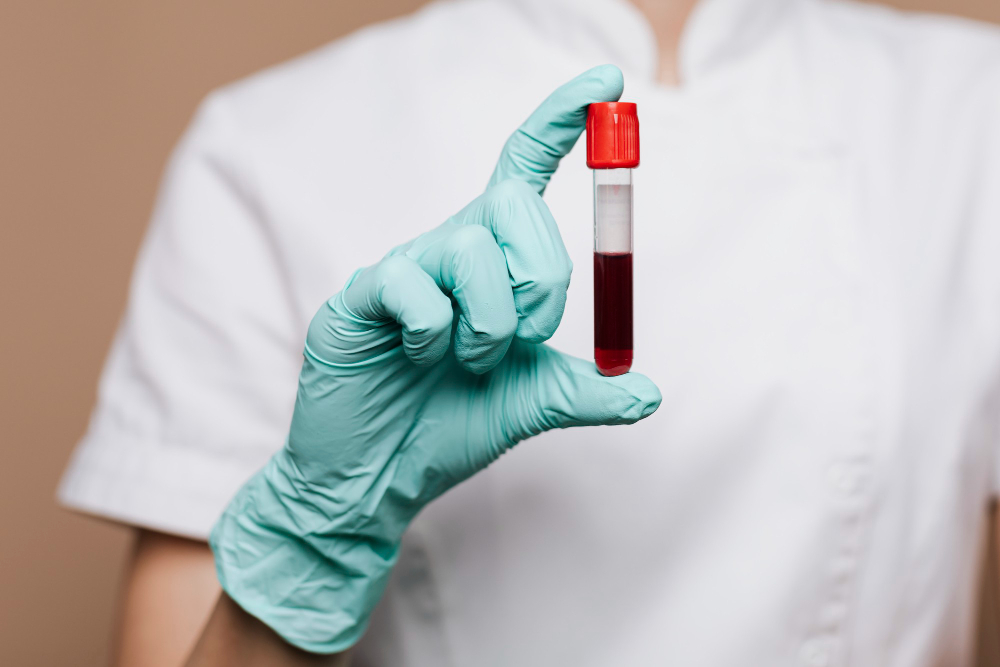
The RF Test (Rheumatoid Factor) is a blood test. It checks for rheumatoid factor, a protein made by your immune system. Doctors often order this test to help diagnose rheumatoid arthritis. However, it can also help find other health problems. The RF test meaning is simple: it helps show if your body is making extra rheumatoid factor. This can point to certain diseases. According to the CDC, this test is important for people with joint pain or swelling.
Doctors may suggest a rheumatoid factor blood test if you have certain symptoms. These symptoms can include:
Sometimes, doctors order the RF test if you have a family history of autoimmune diseases. In addition, it may be used to check for other conditions, like lupus or Sjögren’s syndrome.
The RF test is quick and simple. First, a healthcare worker cleans your arm. Then, they use a small needle to take a blood sample from a vein. The blood goes to a lab for testing. You do not need to fast before this test. Most people feel only a small pinch. Afterward, you can return to your normal activities. Sometimes, you may have a small bruise or soreness at the needle site.
Understanding RF test results is important. The RF test normal range is usually less than 14 IU/mL (international units per milliliter). However, this range can vary by lab. Here is what your results may mean:
It is important to remember that the RF test alone cannot confirm a diagnosis. Your doctor will look at your symptoms and other test results too.
Several conditions can cause a high rheumatoid factor blood test. These include:
Sometimes, healthy people can have a slightly high RF level. Age can also affect results. Therefore, your doctor will consider your full health picture.
If your RF test is positive, your doctor may order more tests. These could include:
With these tests, your doctor can better understand your condition. Sometimes, you may need to see a specialist, like a rheumatologist. Early diagnosis and treatment can help manage symptoms and prevent joint damage.
While you cannot always prevent autoimmune diseases, healthy habits can help. For example, you can:
These steps support your overall health. They may also help lower your risk for some diseases.
The RF Test (Rheumatoid Factor) is a helpful tool for doctors. It can guide diagnosis and treatment for joint and autoimmune problems. However, the test is only one part of your health story. Always talk with your doctor about your results. Consult a healthcare professional for personalized advice about your RF Test (Rheumatoid Factor) results.